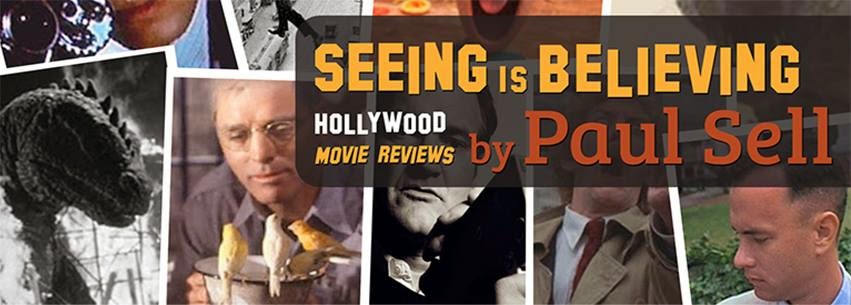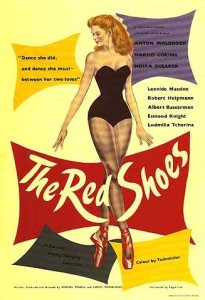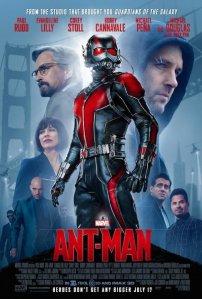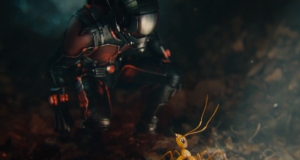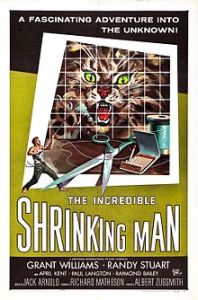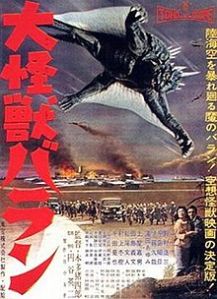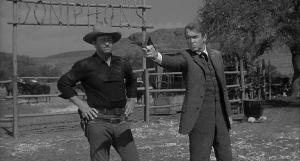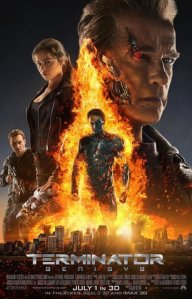
Why do you think people find "The Exorcist" so scary? Why do people keep coming back to this horror film, year after year, to return and find out they're still terrified by it? Shouldn't most of the creepy factor fade after the first or second viewing? What is so special about "The Exorcist"?
Well, I think I have an answer. Part of it is because the film plays it with the utmost seriousness and sincerity. "The Exorcist" takes the concept of a little girl being possessed by the devil and never once plays it up for laughs, never shying away from how graphic and disturbing the devil can be. This is the ruler of the underworld that we're talking about. He is sneaky, under-handed, fiendish and will do just about anything to mess with people. We see the intensive therapy, the logical reactions to what is happening to this girl and the world trying to rationalize what might be happening, only to come up with no definitive answer. All we know is that what is happening is not of this world.
Another part is the unknown. Like most great horror films, what we don't see is often the most terrifying aspect of a horror film. Is this the devil we're dealing with? It's possible, but not necessarily true. What we do know is that Regan (Linda Blair) is not alone in her body and mind, and that her body is being torn apart by these hellish creatures. Is the exorcism actually working, or is the devil letting them only think it is working? Has the devil orchestrated this from the beginning? We may never know.
The final part of what makes "The Exorcist" one of the greatest horror films is Linda's mother, Chris (Ellen Burstyn). It isn't enough that the devil possesses a little girl, but that we witness her mother watch her pride and joy fall to pieces. Her daughter is being torn apart by some spawn of evil, and there is nothing she can do about it. Yet, like a good mother, she attempts every treatment, every psychologist, every person or source that might help save her daughter. Her emotional outbursts drive home how heartbreaking and tragic something like this could be and make it feel all the more real.
This isn't just a possession, but a life being taken away by some force we'll never hope to understand.
Final Grade: A-
